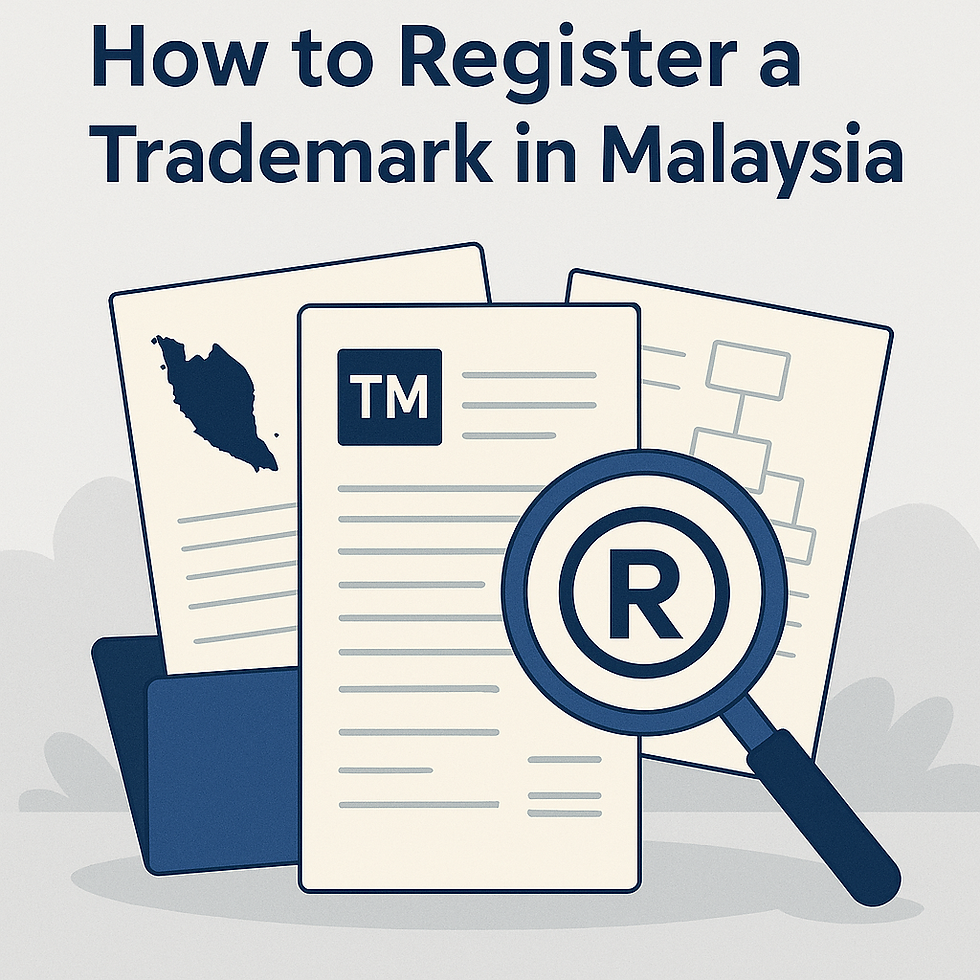Lost In Transliteration
- Vincent Teh
- Dec 22, 2016
- 3 min read

A couple of weeks ago while out walking, I was approached by a burly hooded man who then proceeded to roll up his sleeve. As if that wasn't scary enough, he said (quite loudly) in a gruff voice "Oi mate! you Chinese?". Not that I have anything against robust men with questionable fashion sense who are in the habit of asking random strangers their ethnic/racial background while rolling up his sleeve, but where I'm from, those are not usually the signs that someone is in for a quick friendly chat about the weather. Anyhow, it turns out the man had just wanted me to 'spell-check' a tattoo on his forearm that he's picked up in Weston-super-Mare of what he thought was the transliterated name of his 'lady friend' in Chinese characters. Unfortunately, while the artist had gotten the transliteration spot on (i.e. "sir-dha-fay"), the Chinese characters he had chosen are not exactly flattering. Unless the lady friend happened to be one of his dreadful exes, I doubt Stephie would appreciate his gentleman friend's permanent display of affection which translates as 'dead fatso' ("死大肥" for those who read Chinese).
That is a common problem with Chinese transliteration, as written Chinese consists of over 50,000 characters, and everyone of these character can individually convey a specific meaning, yet many of the characters are homophones - i.e. numerous characters correspond to the same sounding syllable (like how the word 'new' and 'knew' in English are phonetically identical). With that in mind, a three syllable English word can have hundreds or even thousands of permutations when it is being transliterated into Chinese. Unsurprisingly, many of these combinations can turn out to be less than flattery.
While this lost in transliteration thing may be a little embarrassing to the odd hapless romantic, it is quite a branding headache to companies that are looking to enter into the Chinese market where most consumers are not English speakers and would only recognise a foreign brand by its Chinese transliteration. The common thing for these companies to do before heading into the market is to choose a transliteration, perhaps with the help of some local branding professional. While this is no doubt a good practice, businesses should know that it is by no means infallible. Coca-Cola, one of the most valuable brands in the world, did not get its Chinese branding quite right the first time round. For some reason, the Chinese consumers did not quite warm to the original transliteration of "蝌蝌啃蜡" which elegantly conjures up images of tadpoles choking on wax. Nevertheless, Coke's second attempt has been recognised as a branding coup. The rebranding of Coke as "可口可乐" which means 'deliciously happy' helped to uncap the Chinese mass market for Coke making it one of the most recognised foreign brand in China. Another much quoted example is the case of Viagra, where the Chinese consumers prefer their own wink wink nudge nudge transliteration of "伟哥" (pronounced 'way-gir' and meaning 'a mighty brother/fellow') over the decidedly more boring officially sanctioned "万艾可" (pronounced 'wan-ai-ke'). Unfortunately, Pfizer caught on too late and the locally spawned transliteration was registered as trademark by various Chinese entities. Ironically, the international megapharma was prevented from using the name that was made famous by its best selling drug.
The years-long legal suits between His Royal Airness Michael Jordan and Qiao Dan, a Chinese sports equipment company should also serve as a cautionary tale to businesses that are planning to go global, especially if China is a potential destination. The fact is, you can't afford to wait until you're about to set sail to register your transliterated trademark in China. By then it will probably be too late as trademark squatters (or worse, a counterfeiter) would have moved in to register the trademark and you'll have to face a lengthy uphill battle to attempt to regain your trademark. However, there is no guarantee that you will eventually reclaim your trademark even though the other party's trademark registration was not made with the best of intentions. For instance, while the Chinese Supreme Court has recently ruled in favour of Michael Jordan and preventing Qiao Dan from using the transliteration of Jordan i.e. 乔丹 (pronounced as 'chee-ow-done') as its trademark (see: http://www.bbc.co.uk/news/world-asia-38246196), Pfizer has yet to rise to the occasion (if you pardon the pun) in their various law suits against the impostors.





Comments